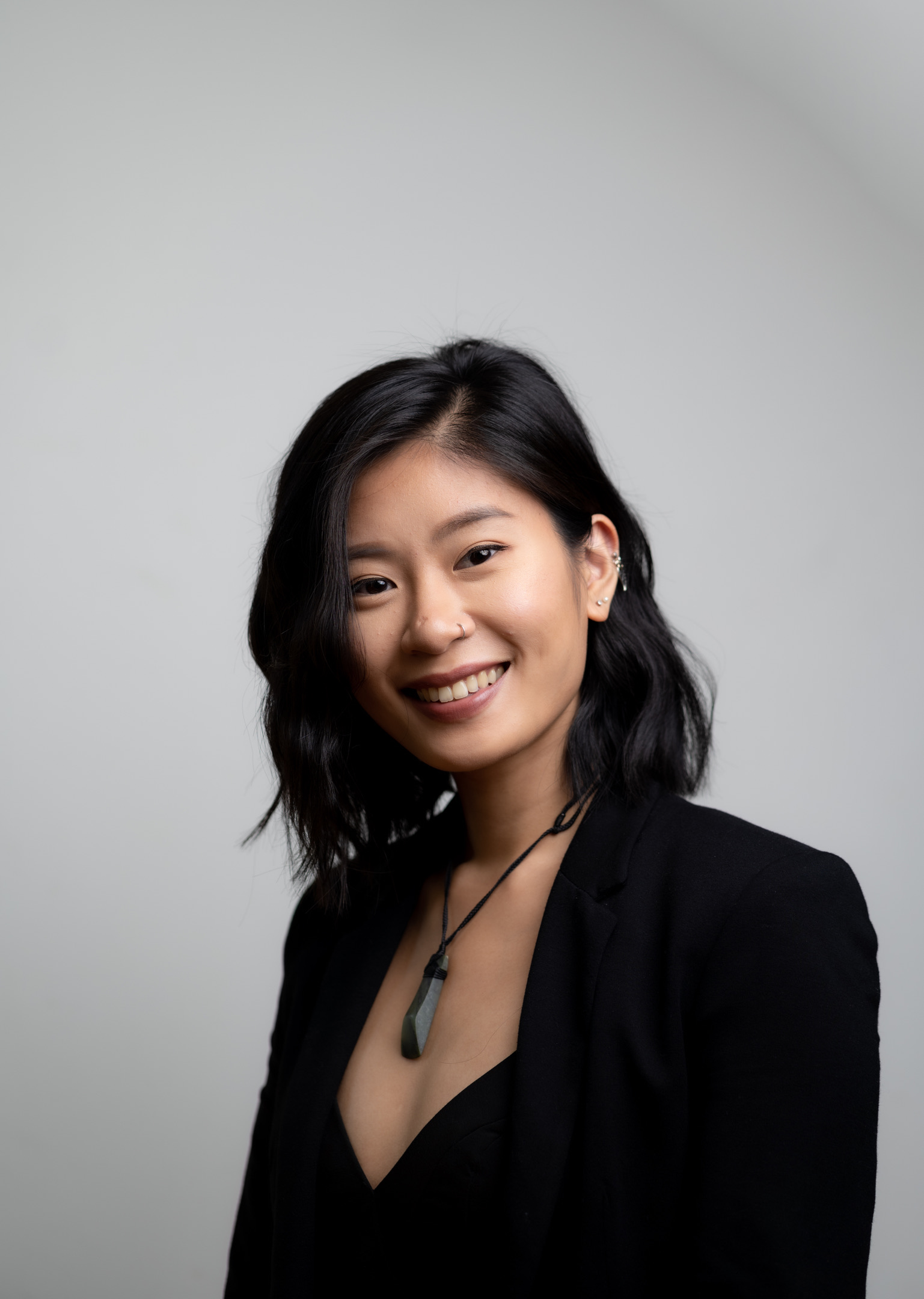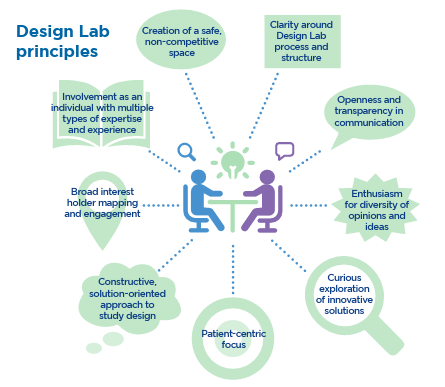Moving Forward, Looking Back: Using Research to Improve Community Health
Interested in hearing the results of research conducted in Boston’s Chinatown/Asian communities? Wondering what’s next?
Join Tufts CTSI and the Addressing Disparities in Asian Populations through Translational Research (ADAPT) Program for the 5th Annual Asian Health Symposium, Moving Forward, Looking Back: Using Research to Improve Community Health. This half-day event will inform participants about research taking place in and around Chinatown. See how academic/community collaborations fueled research and the findings that resulted from that work. Attendees will hear presentations on recent and ongoing studies focused on overlooked health issues or understudied areas, discuss potential next steps, and brainstorm how to further increase community engagement in research.
Researchers and community members are encouraged to attend this exciting event.
After attending this event, participants should be able to:
- Identify several exciting research projects completed in Boston Chinatown/Asian Communities in the past five years.
- Describe the key findings/takeaways from these research projects.
- Recognize the value of increased community engagement and collaboration with research in your community.
Details
Tuesday, April 23, 2019, 9:30AM-1:30PM
Tufts University School of Dental Medicine, Rachel’s Auditorium, Room 1414 (14th Floor)
1 Kneeland Street, Boston MA
Registration
Researchers and community members are encouraged to attend.
Space is limited! Please register here by April 15.
Agenda
- 9:00AM: Registration and Breakfast
- 9:30AM: Welcome Remarks
- Alice Rushforth, Tufts CTSI Executive Director
- 9:40AM: Opening Remarks
- Carolyn Rubin, ADAPT Director
- Dawn Sauma, ADAPT Co-Chair; Co-Executive Director, Asian Task Force Against Domestic Violence (ATASK)
- Ed Flynn, District 2 City Councilor, Boston City Council
- 10:00AM: Panel 1, Community-Engaged Research Studies in Boston Chinatown/Asian Communities
- Moderator: Susan Koch-Weser, Assistant Professor of Public Health and Community Medicine, Tufts University School of Medicine (TUSM)
- Panelists:
- Cindy Liu, Director of the Developmental Risk and Cultural Disparities Program, Brigham and Women’s Hospital; Assistant Professor, Pediatric Newborn Medicine and Psychiatry, Harvard Medical School. Uncovering the Stress and Mental Health Experiences in Boston Chinese Immigrant Families: The Role of Research in Program Development.
- Christina Sakai, Assistant Professor of Pediatrics, Tufts University School of Medicine. Pathways to Autism Diagnosis and Management in a Chinese Immigrant Community.
- Yoyo Yau, Director of Programs, Boston Chinatown Neighborhood Center
- Amy LeClair, Assistant Professor of Medicine, Tufts Medical Center. The Health of Asians and Chronic Disease Study.
- Catherine Chang, Quality Assurance Director, Greater Boston Chinese Golden Age Center (GBCGAC)
- Carina Katigbak, Assistant Professor, Connell School of Nursing, Boston College. Walking Together: A Multi-Component Intervention to Increase Physical Activity of Ethnic Minority Older Adults.
- 11:15AM: Break
- 11:30AM: Panel 2, Studies Conducted by Emerging Scholars: Building the Pipeline of Health Equity Researchers
- Moderator: Virginia Chomitz, Associate Professor of Public Health and Community Medicine, TUSM
- Panelists:
- Mehreen Ismail, PhD Candidate in Food Policy and Applied Nutrition, Friedman School of Nutrition Science and Policy, Tufts University. Food Access and Food Security Experiences of Affordable Housing Residents in Boston’s Chinatown.
- Taylor Ahlborn, MS Candidate in Biomedical Sciences, TUSM. Facilitators and Barriers in the Service Network for Victims of Violence in the Asian-American Community in Massachusetts.
- Jean Jiyoung Lim, PhD Candidate, TUSM. Health Communication in Boston’s Chinatown.
- 12:15PM: Next Steps and Closing Remarks
- Carolyn Rubin, ADAPT Director
- 12:30PM: Lunch and Networking
Spread the Word
Download a flyer (PDF) to share with your networks, colleagues, and friends!
This event is provided free of charge, and was supported by the National Center for Advancing Translational Sciences, National Institutes of health, Award Number UL1TR002544. The content is solely the responsibility of the authors and does not necessarily represent the official views of the NIH.



